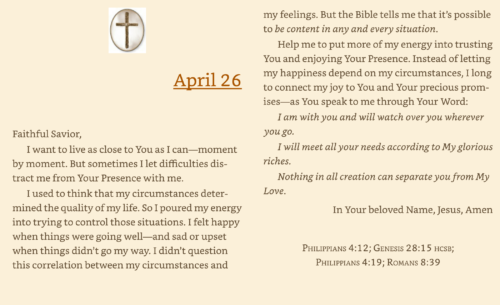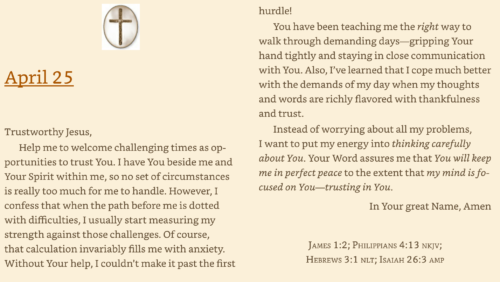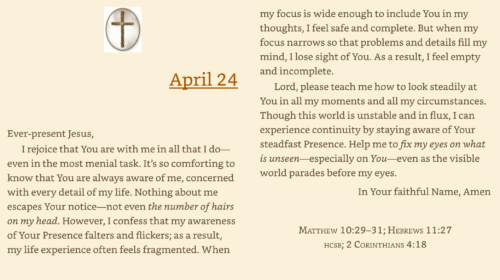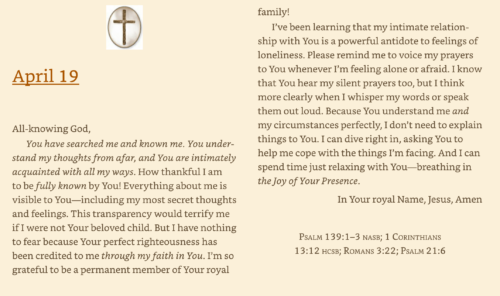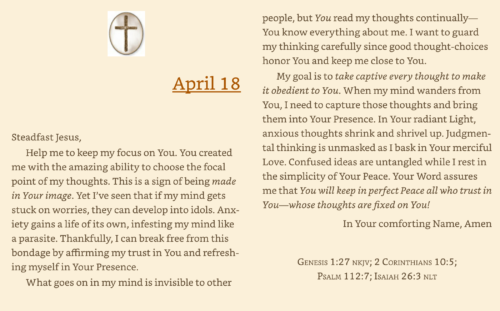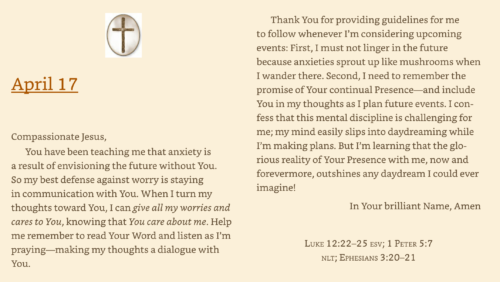Buddhist teacher angel Kyodo williams emphasizes how human it is to have desires—and how we can lessen our attachment to them:
It can give you a headache just thinking about how many times a day your mind goes chasing after some real or imagined desire….
A desire can appear instantly: BANG! There it is! When we think of not having desires, we’re afraid we will disappear. Why is that?… Because our desires are so persistent and so constant, we think we are our desires. And that shows how really, really attached to them we are….
None of us escapes desire, and we don’t want to escape. That is not the point. We would just like to stop holding on to them for dear life. We want to see them for what they are. They are cravings. They are desires. They do not own us. They do not need to force us in every possible direction, contorting our bodies to chase down the next thing. I won’t be a captive to my desires, helpless in their power. More important, I won’t make myself miserable because of my attachment to my wants... [1]
Williams offers instructions on the practice of “letting go” of our thoughts, desires, and judgments through mindfulness meditation:
Letting go means simply releasing the thoughts and ideas that our minds get in the habit of attaching themselves to, including the ideas of yesterday and tomorrow. Letting go is not hard or harsh. We should let it be easy and gradual. Our habitual way of reacting makes us feel as if we have to go on a journey with every thought that comes, or that we have to wrestle them to the ground to control them. That isn’t true at all. None of our actions will be forced or contrived if we keep from grasping at everything that appears in front of us….
We can see the thoughts that come up in our minds the same way a mirror “sees” things. A mirror just notices. It registers whatever passes in front of it without holding on to it in any way. It just lets go. It doesn’t think about it or have a long conversation about it. Since the mirror doesn’t cling to the object that it is reflecting, when the object goes, so does the reflection. It’s the same way with your mind. We don’t hold on to the random thoughts that arise over and over again in our minds and that can take us away from the full experience of now. We want to be aware only of our breath and nothing else. The moment that we become aware that a thought has taken form, we just relax and allow it to pass. We just notice the thoughts and we return to our breath. If nothing grabs onto the thoughts as they arise, they will keep on moving on, leaving no trace that they were ever there. Let your mind be like the mirror. Clear mirror, clear mind. [2]
_______________________________________________
Sarah Young; Jesus Listens
Supreme Savior, Help me to give up the illusion that I deserve a problem-free life. Part of me still hungers for the resolution of all my difficulties, but I realize this is a false hope. Your Word states clearly that in this world I will have trouble. I must link my hope not to problem solving in this life but to the promise of an eternity of trouble-free life with You in heaven. Instead of seeking perfection in this fallen world, I want to pour my energy into seeking You—the Perfect One. You’ve shown me that it’s possible to glorify You in the midst of adverse circumstances. Your Light shines brightly through believers who trust You in the dark. This is supernatural trust, produced by Your indwelling Spirit. Lord, I invite You to transform me more and more into the one You designed me to be. I want to yield to Your creative work in me, neither resisting it nor trying to speed it up. I long to enjoy the tempo of a God-breathed life—with You setting the pace. I’m grateful that You hold me by my right hand, You guide me with Your counsel, and afterward You will take me into Glory. In Your triumphant Name, Jesus, Amen
JOHN 16:33; I have overcome the world. In this world his disciples would be persecuted and have sorrow, but he bids them Be of good cheer. The world can only afflict for a season; it is a conquered world; Christ has overcome it.
2 CORINTHIANS 3:18 ESV; And we all, with unveiled face, beholding the glory of the Lord,[ a]are being transformed into the same image from one degree of glory to another.[ b] For this comes from the Lord who is the Spirit.
PSALM 73:23–24; Nevertheless, I am continually with you; you hold my right hand. 24 You guide me with your counsel, and afterward you will receive me to glory.
Young, Sarah. Jesus Listens (p. 123). Thomas Nelson. Kindle Edition.
